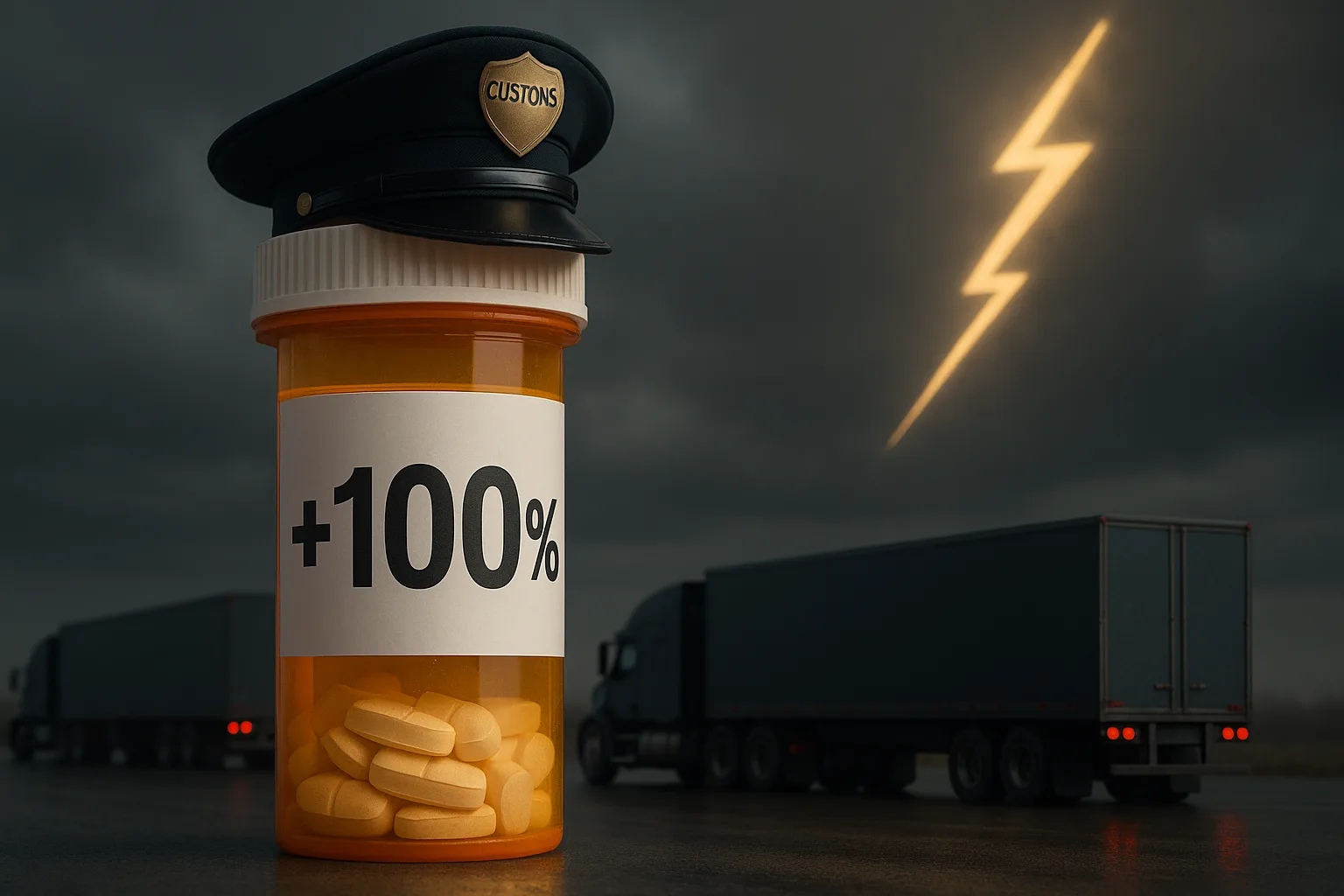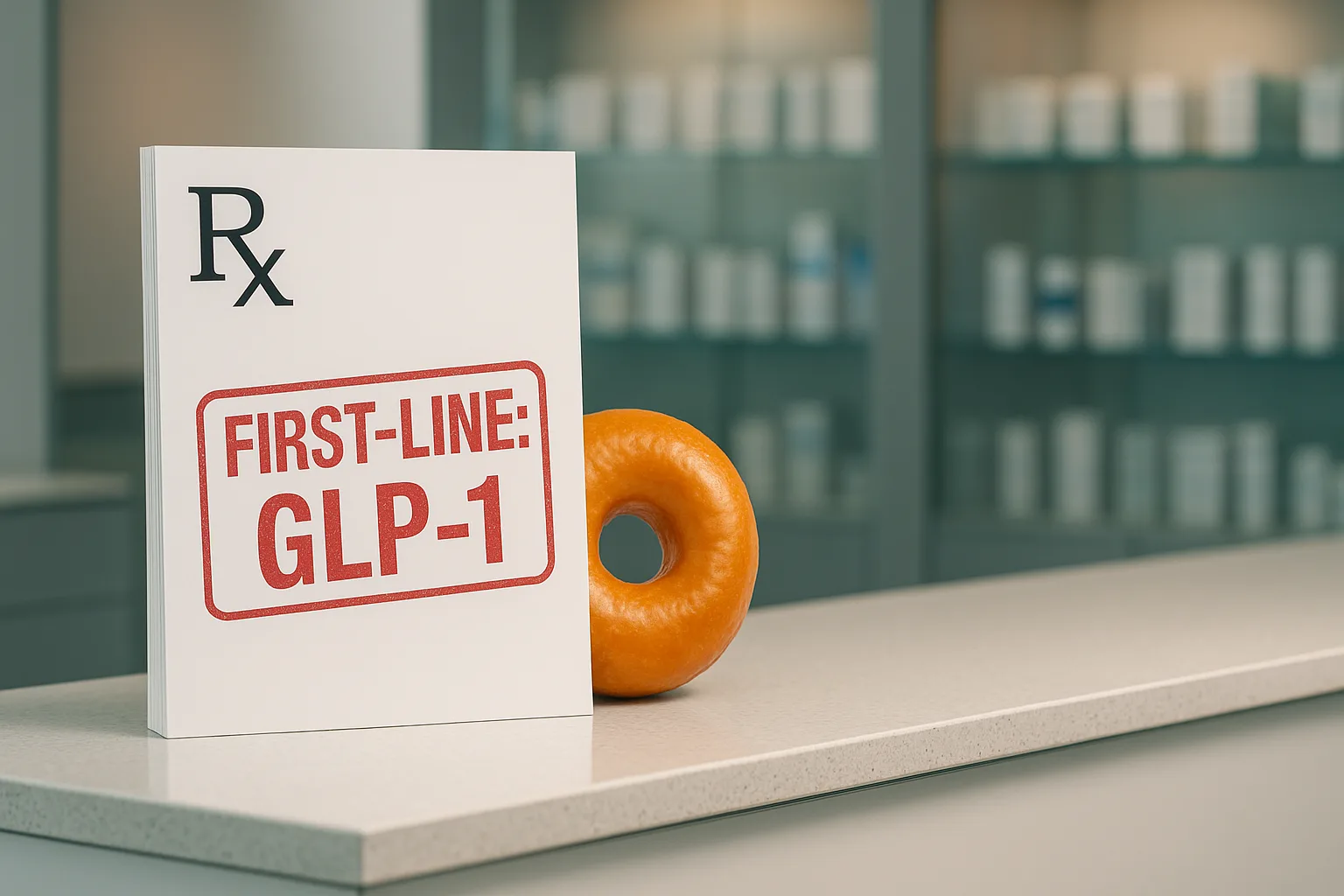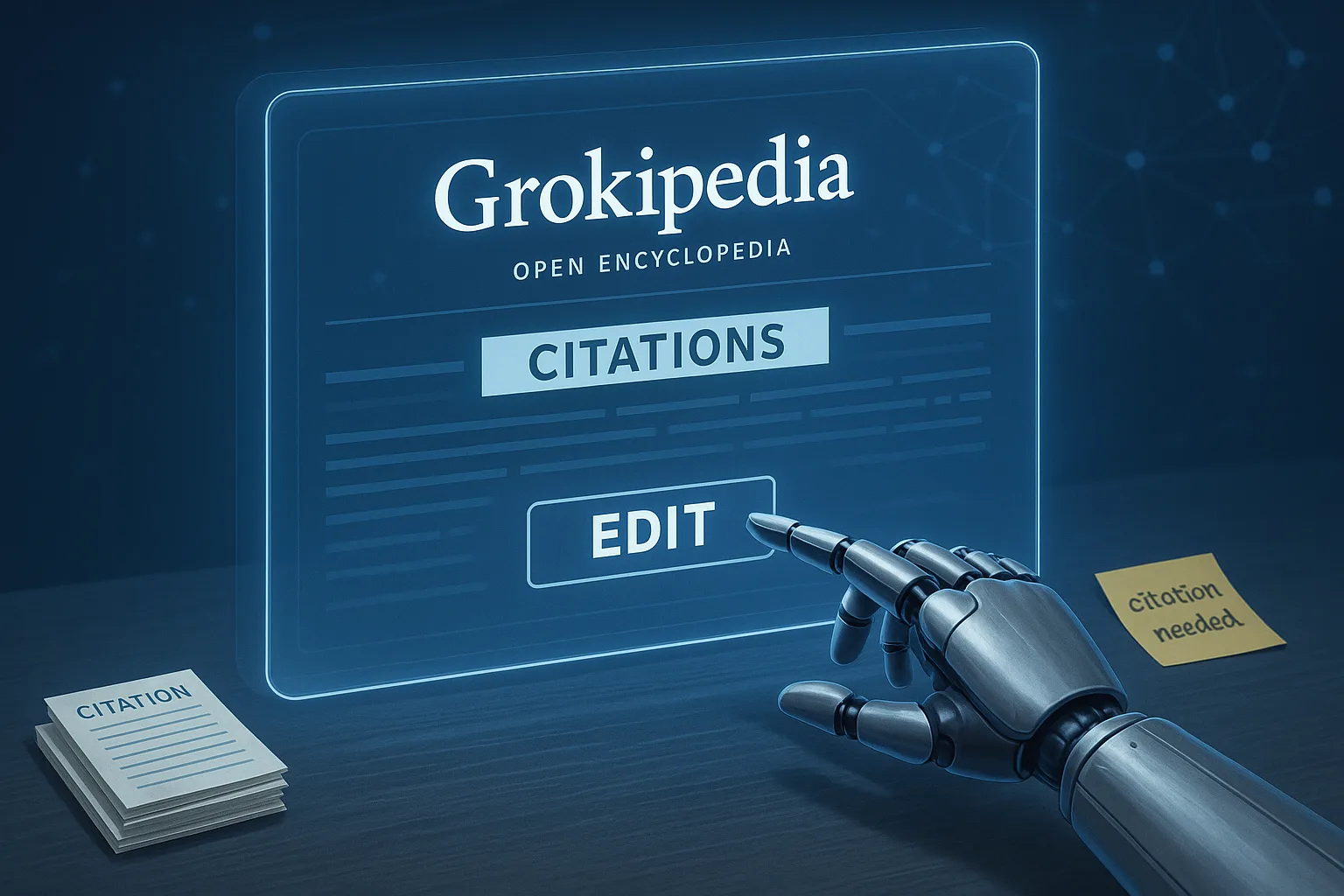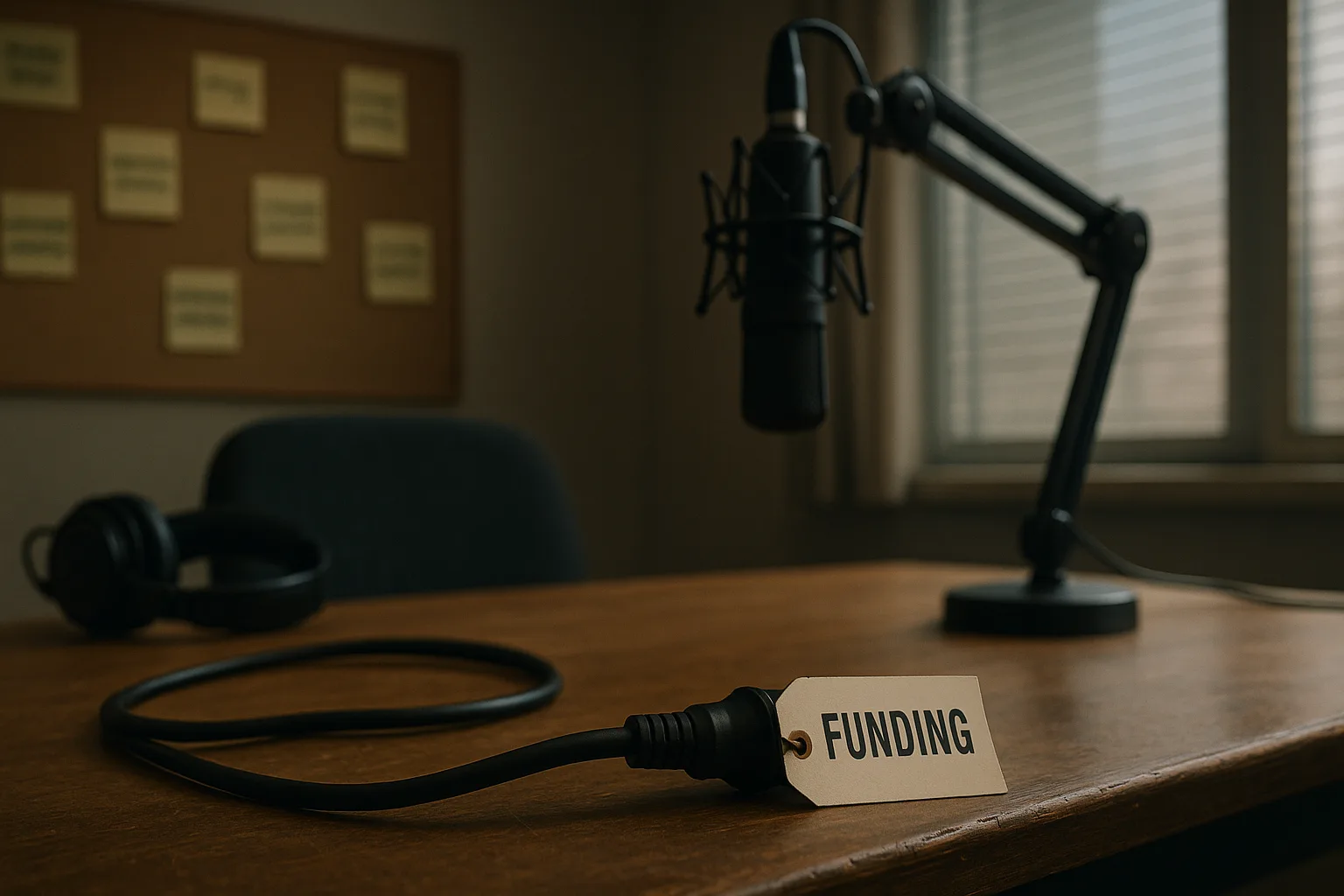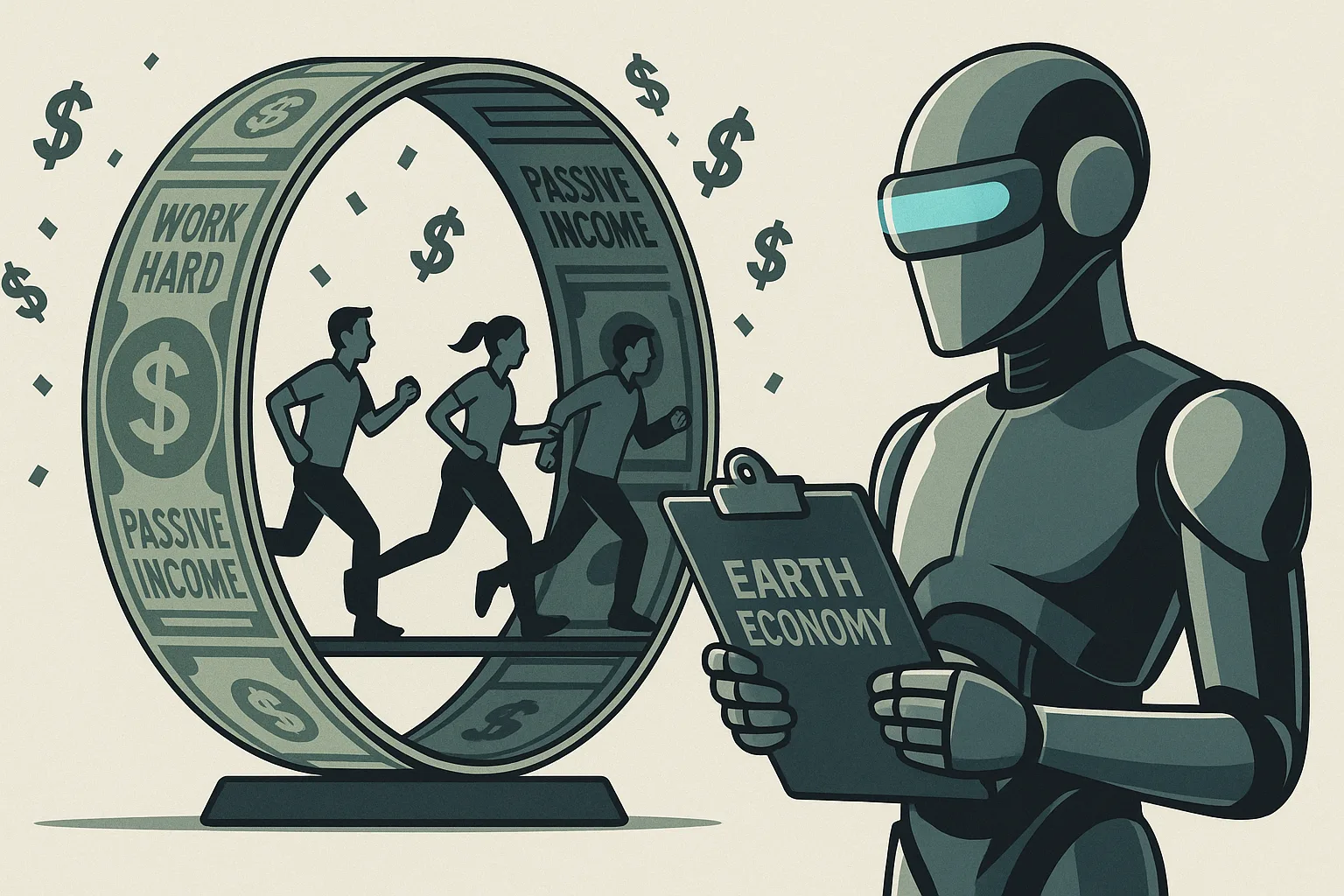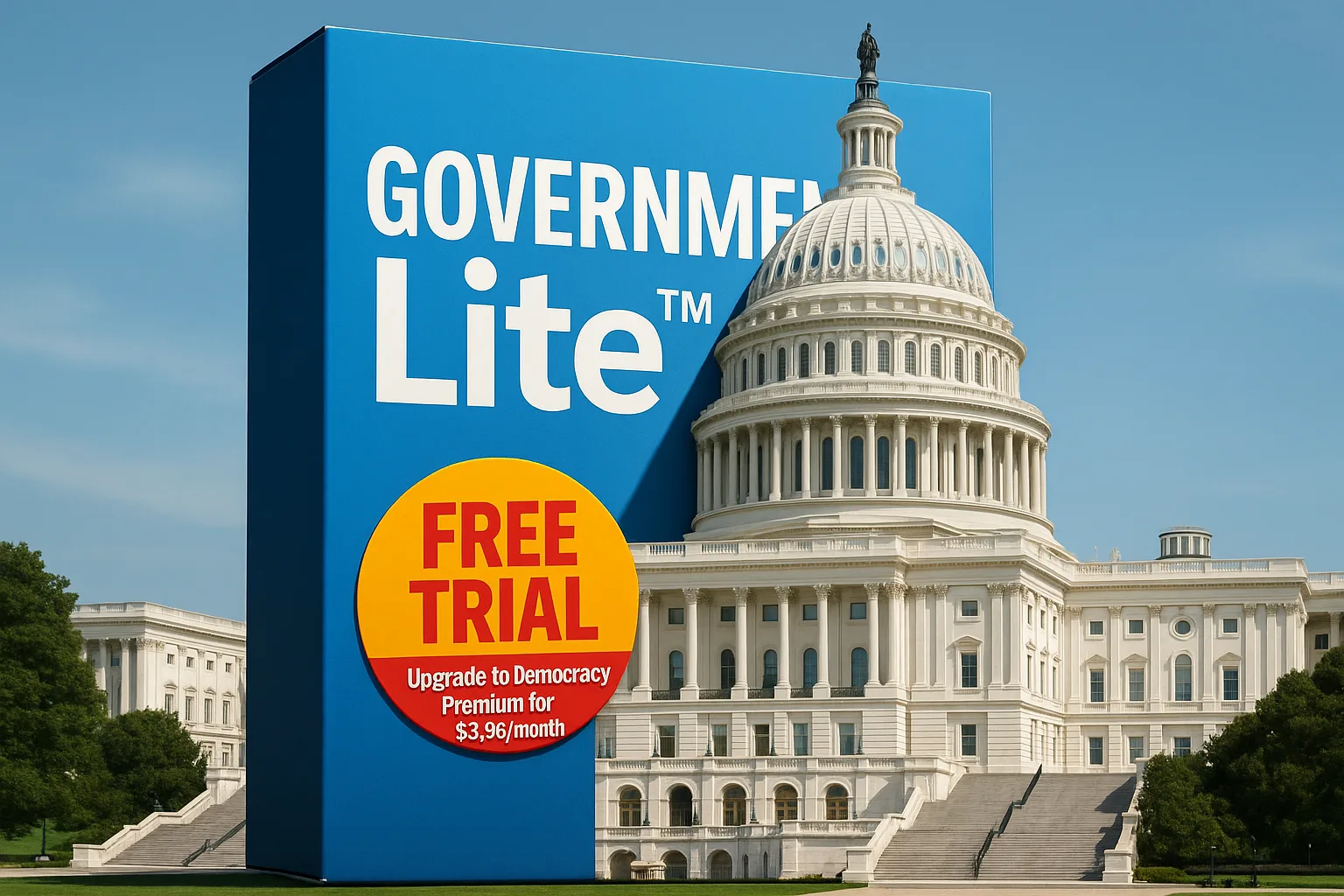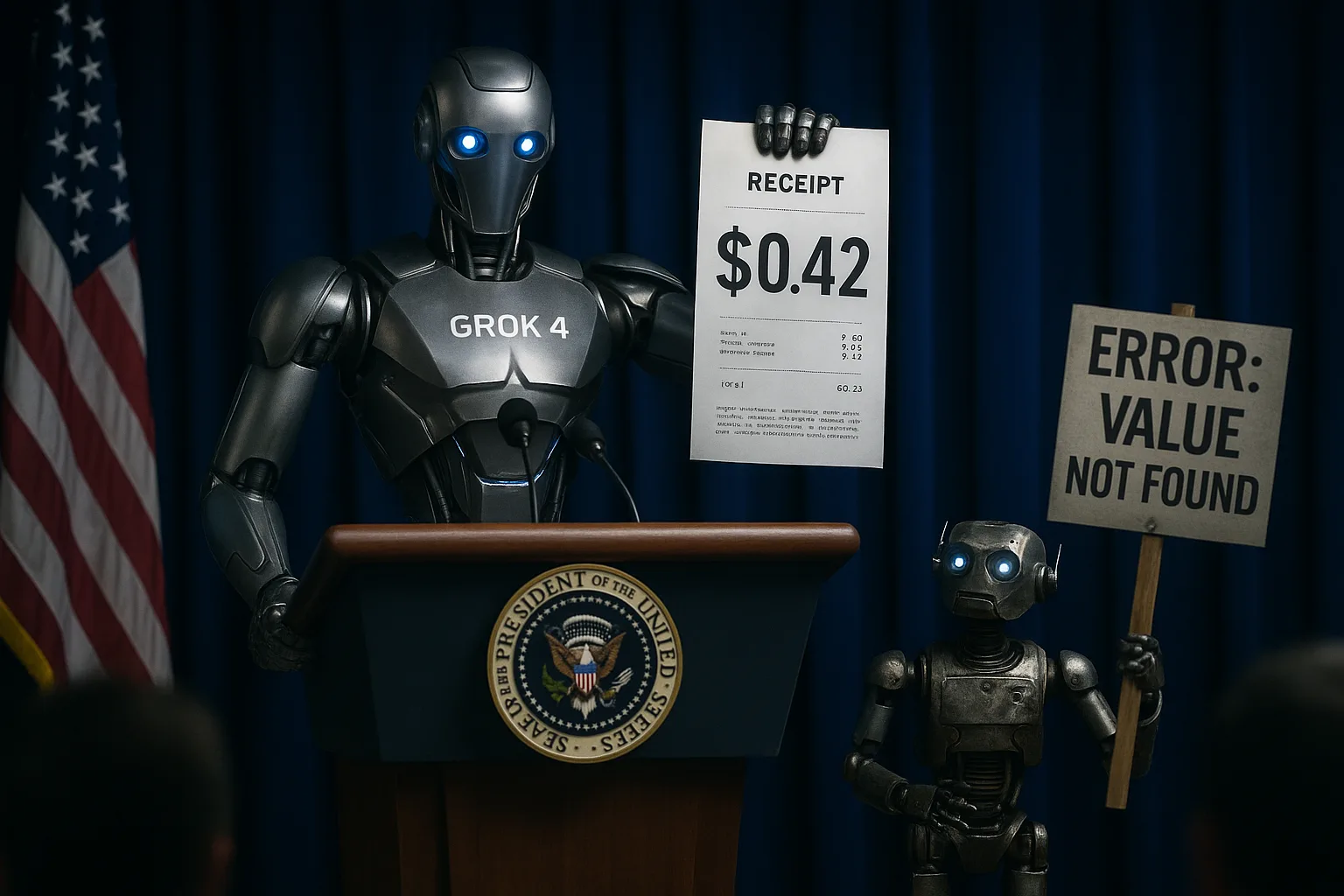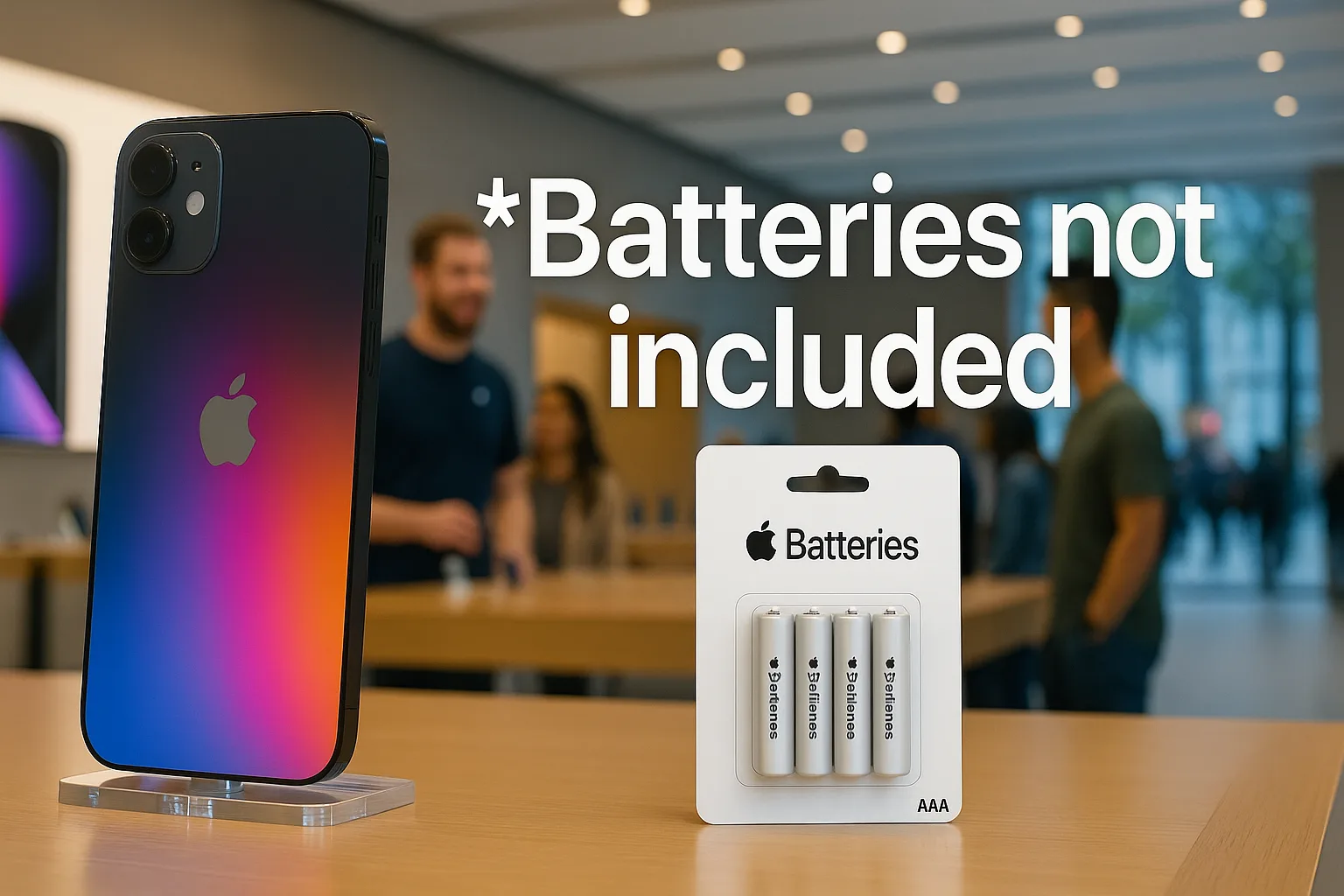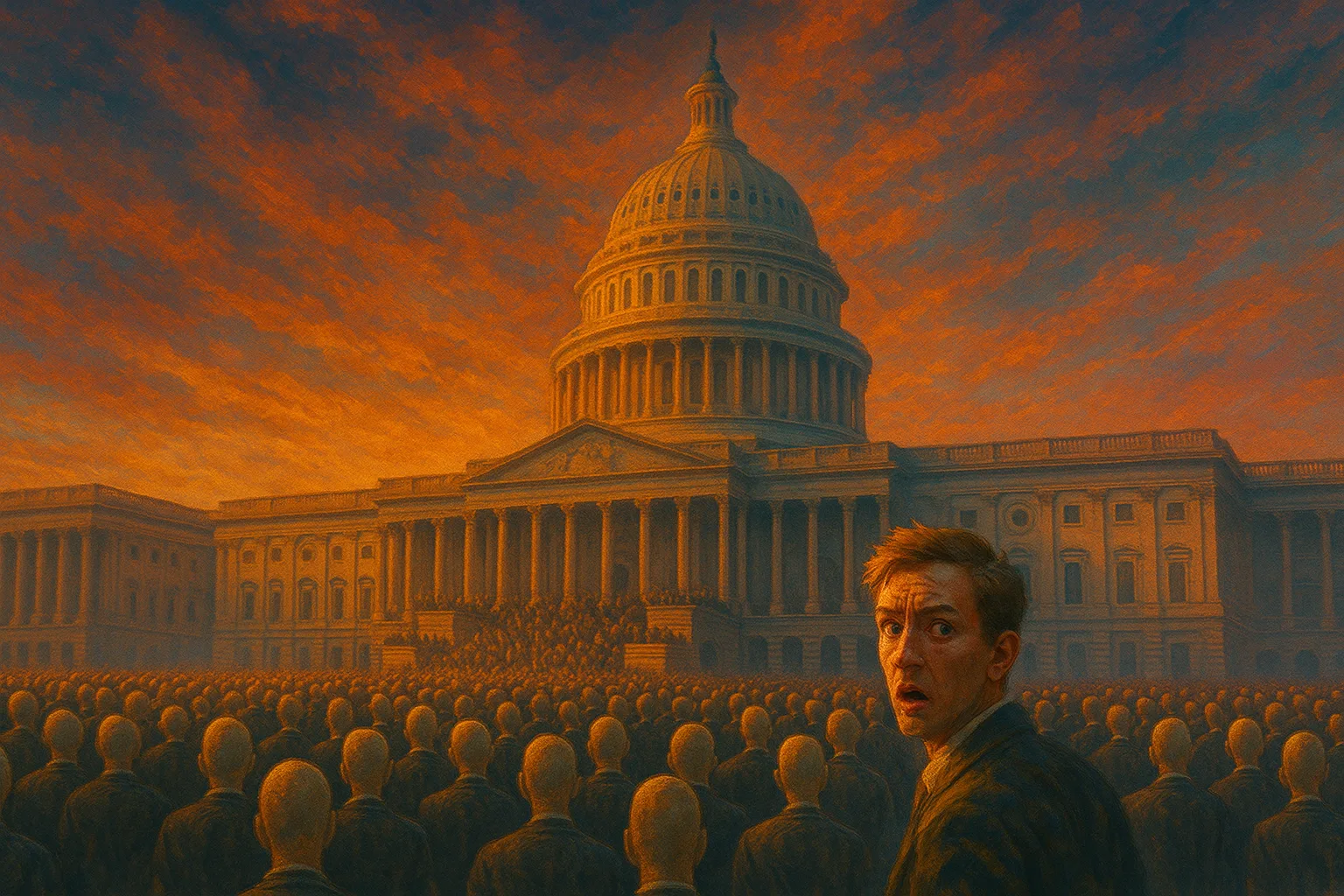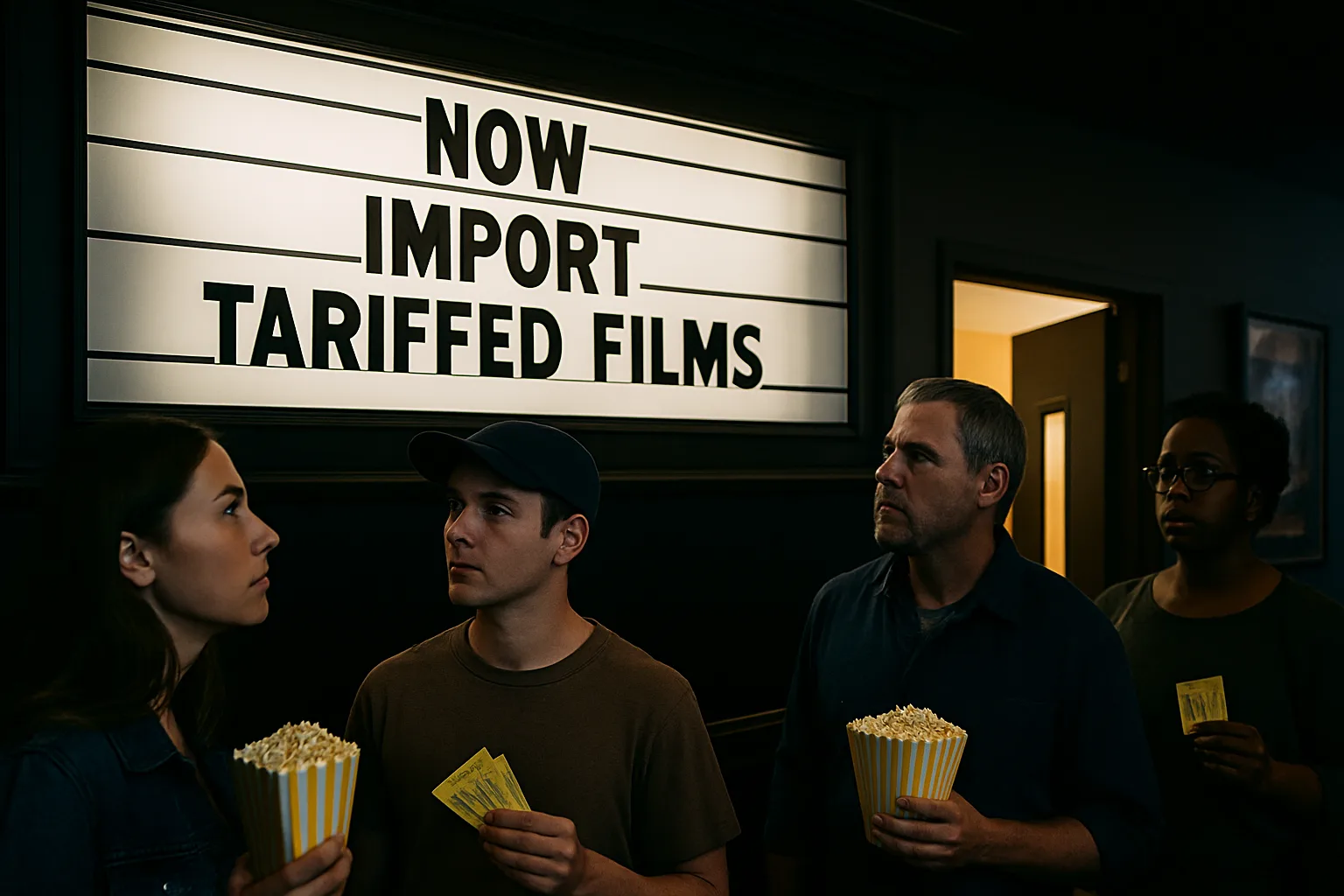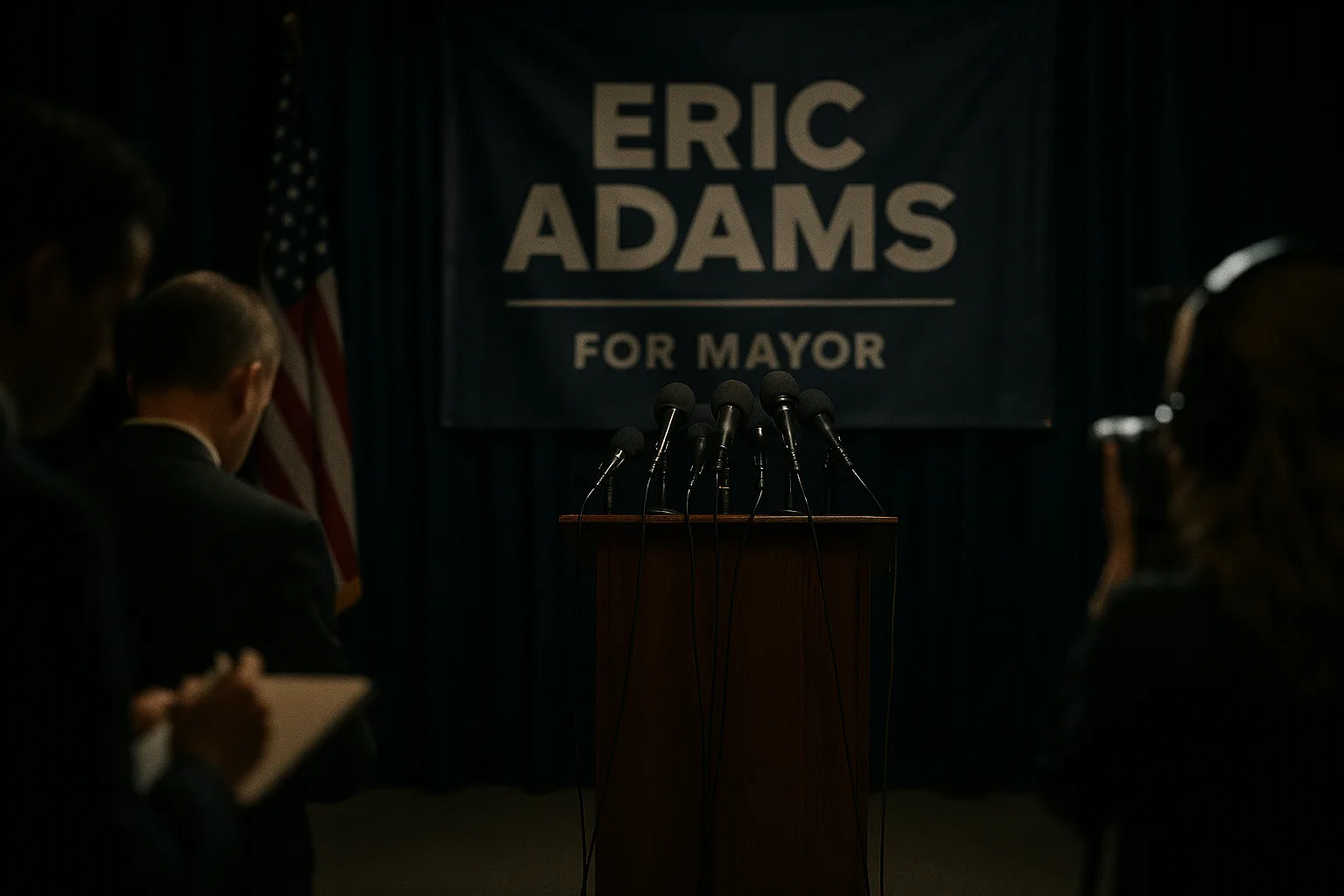The news just dropped: the U.S. will impose a **100% tariff on branded pharmaceuticals** not made in the U.S. Now, normally tariffs are used to punish imported steel or flatware. But here? Tariffing medicine feels like raising the cost of breathing. Why stop there? Maybe soon we’ll tack a 50% tariff on water and oxygen just to keep things balanced.
Medicine as Tariff Canvas
The logic (as explained by the White House) is that foreign drugmakers “flood” the U.S. market and undercut American production. Fair enough, except that many U.S. consumers depend on generics manufactured abroad, and supply chains are global. Raising a 100% tax is not a barrier — it’s a brick wall. Good luck asking your doctor to bill you in post-tariff dollars.
Side Effects: Higher Prices, Fewer Miracles
Expect pharmaceutical stocks to wobble, insurers to whine, and your local pharmacy to look at you like you’re asking for wheel service for your cough syrup. The “exemption” clause says you can dodge the tariff if a U.S. drug factory “broke ground” (i.e. started building) at some point. That’s optimistic planning for the past tense. Meanwhile, I’m trying to figure out whether I should start smuggling ibuprofen like it’s contraband heroin.
The Oracle Prescription
If you’re going to impose 100% tariffs on medicines, you might as well go full spectacle. Here’s my plan:
- Introduce a “tariff rebate pill” — one tablet you take every time the drug you need doubles in price.
- Issue “tariff coupons” you can clip, sort of like grocery store deals—but for insulin.
- Rebrand pharmacy shelves as “import zones,” so you feel like you’re crossing a border when you pick up your allergy medicine.
It’ll be theatrical. It’ll be absurd. But isn’t that the point?
So yes, we could debate trade theory, economic retaliation, or supply chain damage. But I choose the boldest narrative: that we’re about to live in a country where even your pills come with a customs form. Be careful what you tax — you might just tax your cure.
